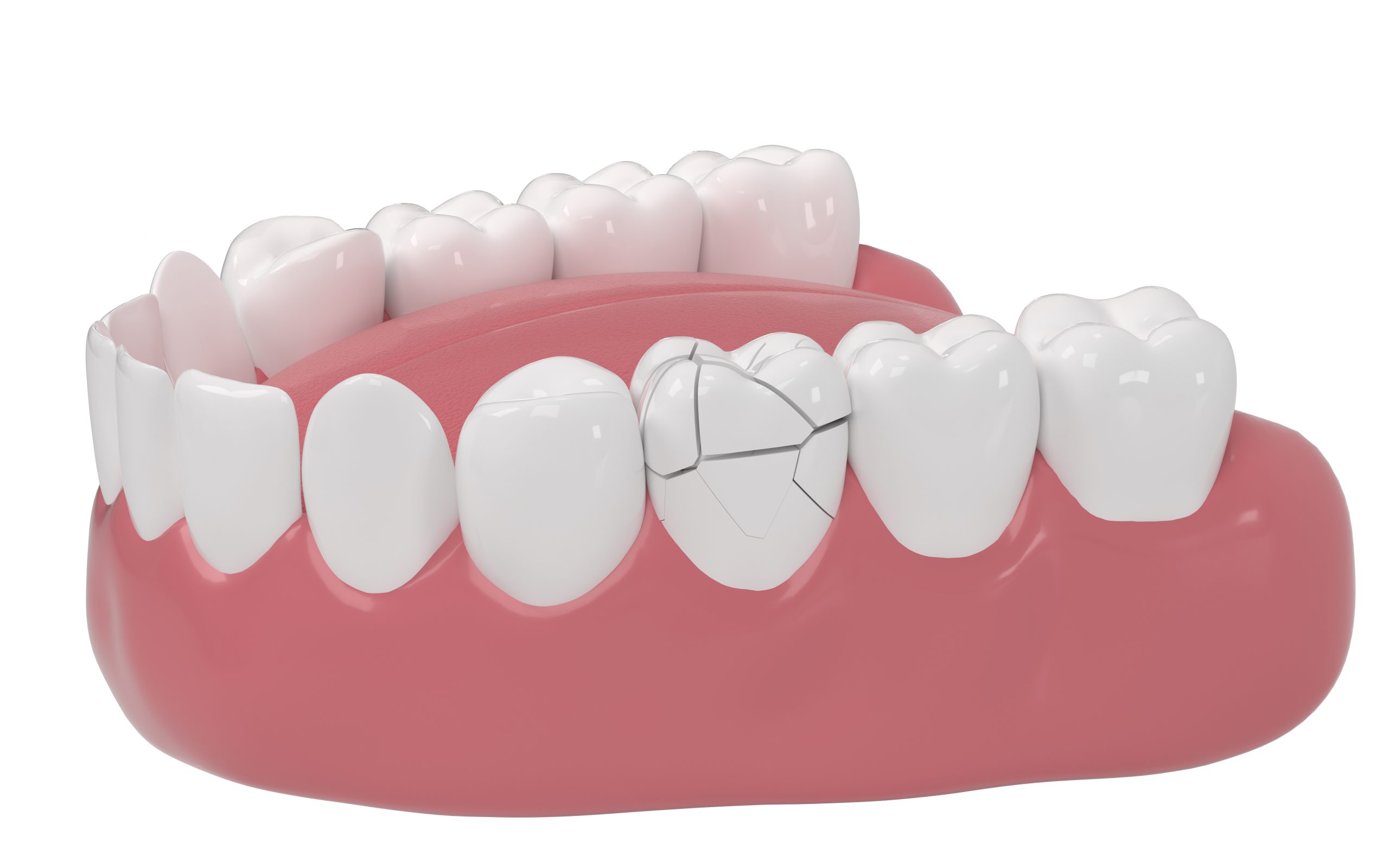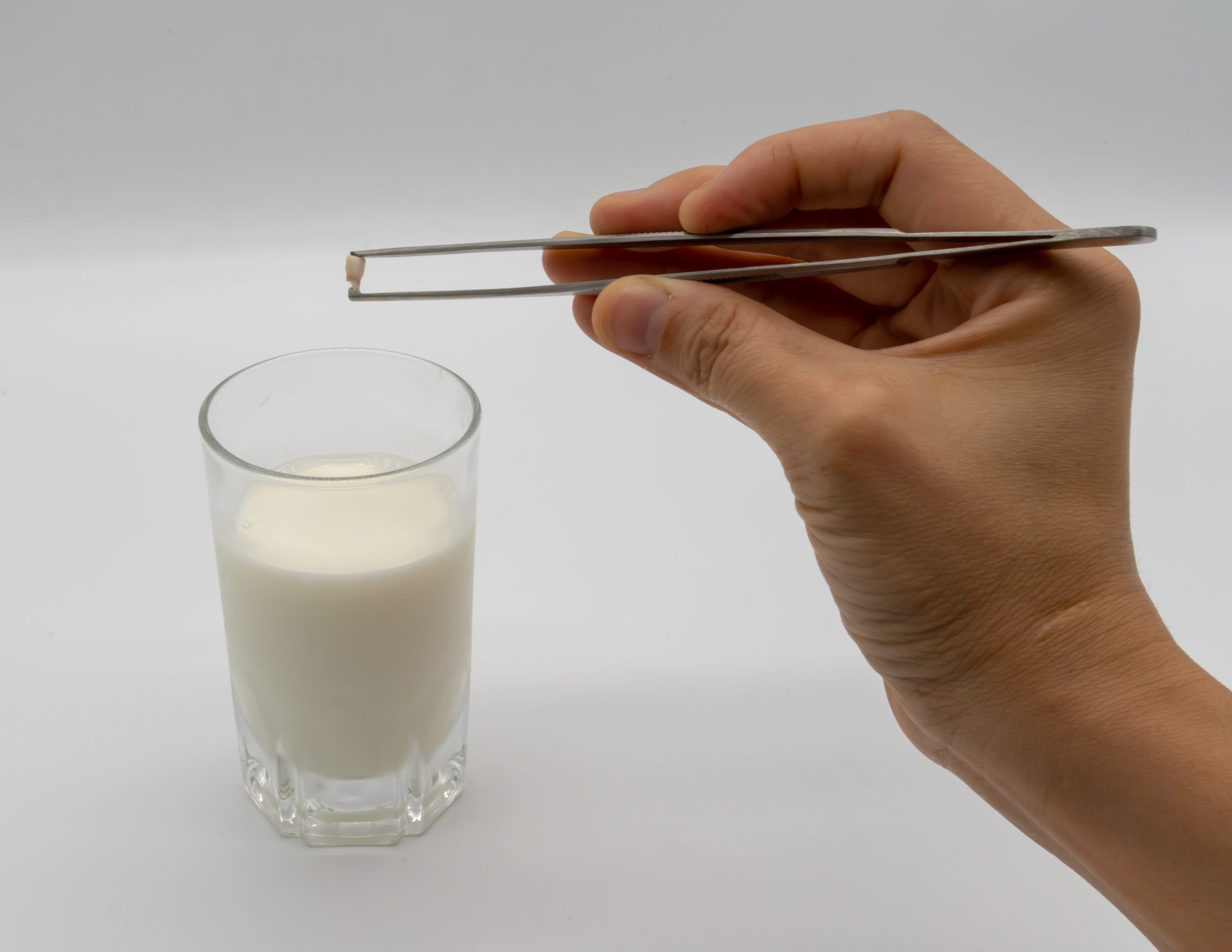Facial Trauma
Management of Facial Trauma and Dental Injuries
Facial trauma can result from a variety of incidents such as accidental falls, sports-related injuries, car accidents, and more. Some of the most common facial and dental injuries, which oral surgeons routinely address, are detailed below.
Soft tissue injuries, including cuts or intraoral lacerations, are typically treated with sutures. Oral surgeons are highly skilled in repairing such injuries with a focus on minimizing scarring and achieving optimal cosmetic outcomes. Ensuring that critical structures, nerves, and glands remain undamaged is also a priority during the treatment process.
While general dentists may handle certain dental injuries, situations where damage extends beyond the tooth socket or involves complete tooth loss often necessitate the expertise of an oral surgeon. Typically, a fractured tooth is stabilized using bonding materials, wires, or other techniques to facilitate proper healing and repositioning.
Treatment of bone or hard tissue injuries in the facial and oral region parallels approaches used for bone injuries in other parts of the body. Stabilization of the fractured bone is vital for the healing process. As casts cannot be applied to facial bones, oral surgeons employ small screws and biocompatible plates to repair fractured cheekbones, jaws, eye sockets, and more. In cases of severe injury, treatment may require hospitalization and general anesthesia.

What to Do If You Lose a Tooth
Preserving a natural tooth is the preferred course of action. The initial 30 minutes following the injury present the highest chances of successful restoration, making prompt action essential. If your tooth is completely knocked out or broken, it is crucial to bring the tooth or any fragments to our office as swiftly as possible. Avoid cleaning any tissues on the tooth, as they may play a vital role in potential replacement.
Place the tooth in a container filled with saliva or whole milk and bring it to us without delay.
If the natural tooth is too severely damaged, your surgeon can discuss the possibility of tooth replacement with a dental implant.



